With the instrument makers we learn about economics, tradition, rigor and compromise.

Dömbra making is developing fast, bolstered by the high demand for the instruments that began with China’s reform in the late 70’s. Dömbra-making has become a lucrative business and logically Dömbra makers are increasing. This tradition is far from being lost, and rather traditions are being maintained and expanded upon.
Dömbra as Medicine
Dr. Kabidula, a retired doctor from the Altai Kazakh Hospital has anchored his Dömbra playing and making in his vision for healthy living. He talks about mental and physical health, and sees the Dömbra as giving the Kazakh community both. He believes that Dömbra playing is anchored in the need for people to translate their emotions of happiness and sadness and get in touch with their spirit – and psychology.
Dr. Kabidula also believes that the sharing of stories are important emotional expressions for the community, and that this sharing is medicinal. It is an essential part of the Kazakh culture he says – to share the emotional through the Dömbra.
When he retired from his position at the hospital, Dr. Kabidula had nothing to do, and so decided to fill his free time by making instruments in his workshop, a small garage-like cabin below his apartment building, a stone’s throw from the hospital. He says that making the instruments is mental and physical exercise, keeping him healthy and alert. But beyond the health benefits, the Dömbra-making also enables his family to avoid economic hardship – he sells each Dömbra for RMB 200-300, thus comfortably complimenting his retirement.

Kabidula is from a family of carpenters, craftsmen with agile hands. As a child his family was completely autonomous he says. His grandfather made everything for the house – tables, bowls, etc, while the women made the rugs, cloth etc. He learned the carpentry trade from his forefathers. His uncle was also a very good Dömbra maker.
Dr. Kabidula has agile hands and a piercing intellect to guide them. In his workshop he crafts instruments and other medical gadgets. He is a talented inventor with 3 patents and another of the way – for all sorts of medical needs including broken bone reparation, crutches and massage therapy. (He has also co-written two books on Kazakh traditional medicine.)

Dr. Kabidula’s instruments have amazing sound. Deep and resonant. Song Yu Zhi plays a mandolin made by Kabidula and the whole case vibrates with the strings – the sound is clear and long-lasting.

The sounds are indeed medicinal, we escape to other places.
Sound and Beauty
The masters we meet are concerned about quality – sound quality and the beauty of the instruments. Dömbra making is about compromises, weighing beauty and sound. Finding the architecture that will enable both.
This is the work of Paizola father and son.
In Chem Chek Village, a 15 minute drive south of Altai city, we talk with Yerbolat Paizola, the son of the Paizola father/son team.
A confident maker of Dömbra, he is 25 and started to make Dömbra professionally with his father when he was 20. His is an inherited craft: profitability facilitating the inheritance.
We talk about the Dömbra’s recent evolution from the quadratic/square shaped Abai Dömbra to today’s round-bellied Jhambul Dömbra. The change from the Abai to the Jhambul has occurred over the past 30-40 years in China, and now the Paizola team exclusively makes the newer, rounder Jhambul Dömbra.
Yerbolat takes us into his workshop and shows us the process of making the Dömbra: the Paizola’s delicate mix of esthetics and sound. From the processing of the wood (soaking, molding, drying) to the assembly of the pieces, a simple Dömbra can take two days to make. The more precise and beautiful pieces can take up to one month – these are made to order.
The Paizola team sells most of their instruments from their home, but have also started to sell their instruments in local music shops in Altai city. Expensive or unique orders however are still made directly to them in their home-workshop.
In his workshop Yerbolat listens to slow beautiful Dömbra music. Light comes through his western-looking window, and we watch the sun set as Yerbolat shapes wood into sound. His apprentice watches. He has been chosen among many men who volunteered to learn the craft. He will one day take this knowledge and open his own workshop, further giving birth to sound and the histories it carries.


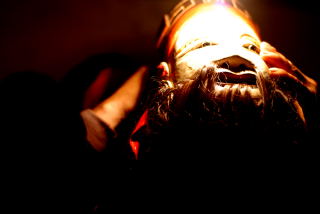

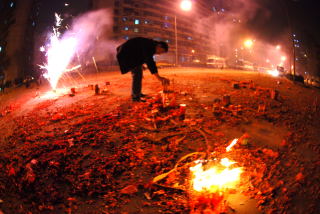
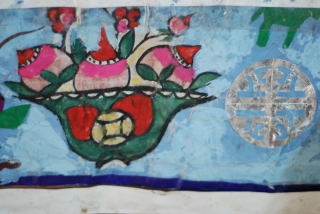

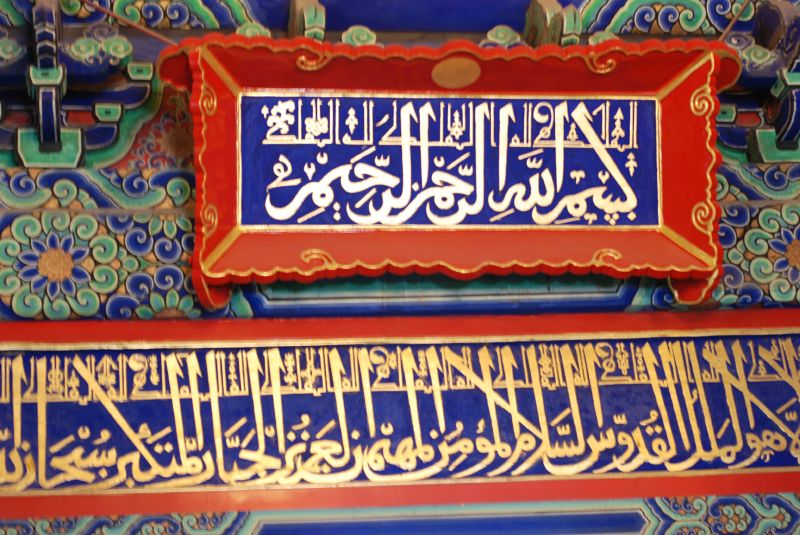

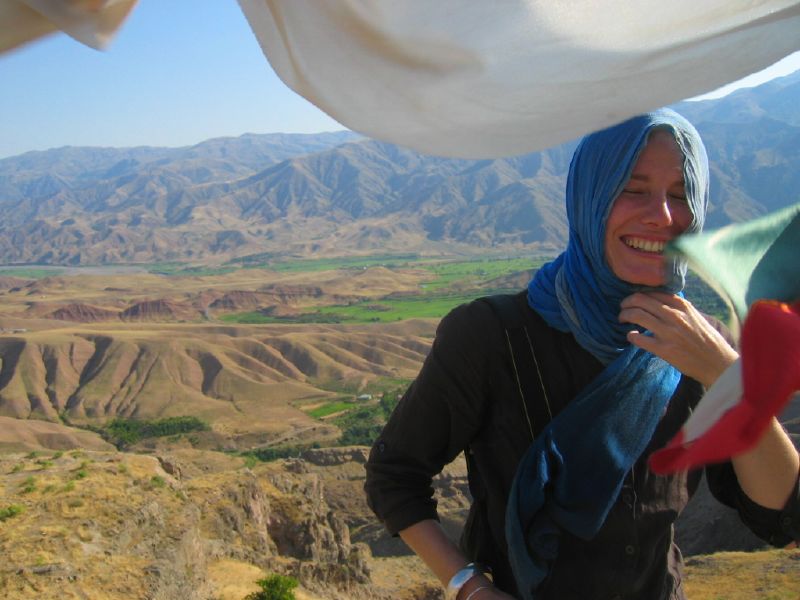
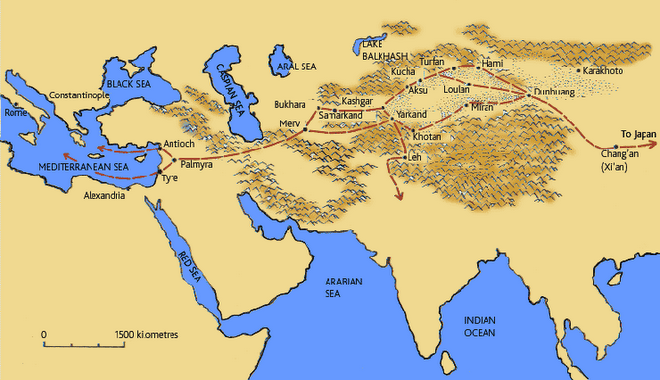
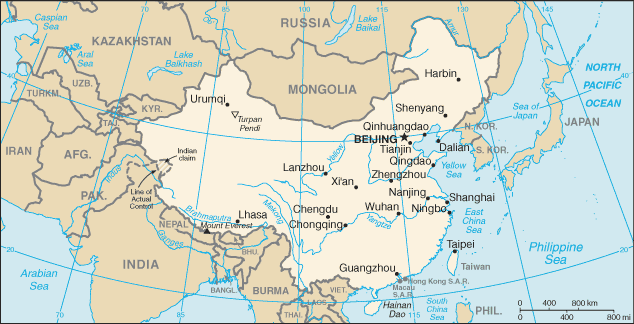

No comments:
Post a Comment